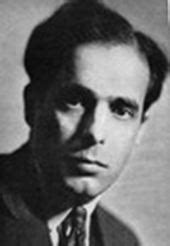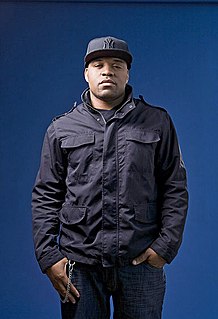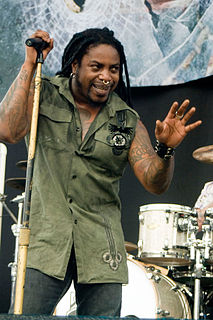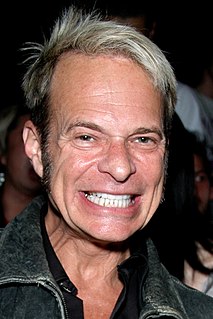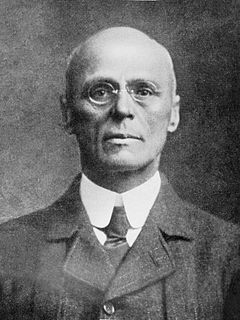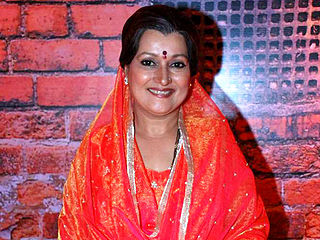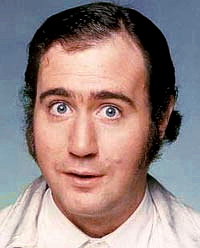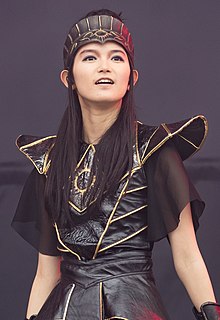A Quote by Sophie Ellis-Bextor
You should make an effort on stage because it's a performance. The stage should be glittery and camp, but I don't go down the shops in full stage gear.
Related Quotes
Listen to the stage manager and get on stage when they tell you to. No one has time for the rock star bullshit. None of the techs backstage care if you're David Bowie or the milkman. When you act like a jerk, they are completely unimpressed with the infantile display that you might think comes with your dubious status. They were there hours before you building the stage, and they will be there hours after you leave tearing it down. They should get your salary, and you should get theirs.
You see, what is my purpose of performance artist is to stage certain difficulties and stage the fear the primordial fear of pain, of dying, all of which we have in our lives, and then stage them in front of audience and go through them and tell the audience, 'I'm your mirror; if I can do this in my life, you can do it in yours.'
You see, what is my purpose of performance artist is to stage certain difficulties and stage the fear the primordial fear of pain, of dying, all of which we have in our lives, and then stage them in front of audience and go through them and tell the audience, I'm your mirror; if I can do this in my life, you can do it in yours.
When you go through a tunnel - you're going on a train - you go through a tunnel, the tunnel is dark, but you're still going forward. Just remember that. But if you're not going to get up on stage for one night because you're discouraged or something, then the train is going to stop. Everytime you get up on stage, if it's a long tunnel, it's going to take a lot of times of going on stage before things get bright again. You keep going on stage, you go forward. EVERY night you go on stage.
For me, every time I step on the stage it feels like a battle is about to start. It's not like we're going on stage to fight against our audience obviously, because for me, when I go on stage, I'm always trying to reach a new level of how am I going to make today a great night for everyone that's present.

